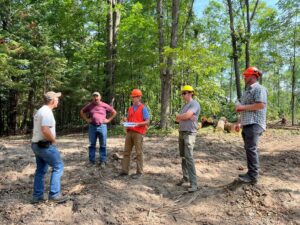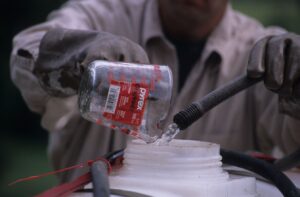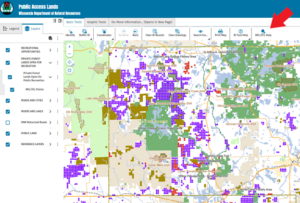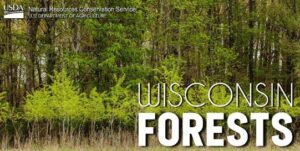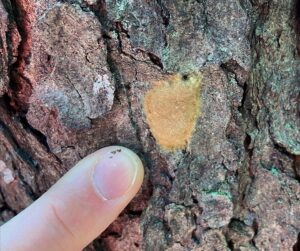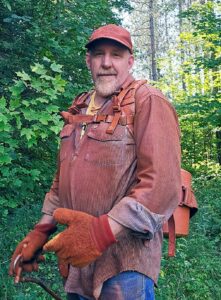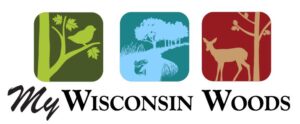New Managed Forest Law (MFL) enrollments become active at the start of the year to align with the new property tax year. There are 1,370 new enrollments for 2025! Some statistics for the new enrollments include:

Photo Credit: Linda Williams, Wisconsin DNR
- Nearly one-third are new landowners in the MFL program, similar to recent years’ enrollments.
- A total of 88,105 acres were added to the MFL program.
- 1,352 enrollments are individual landowners, and 18 added land to large ownerships with at least 1,000 acres statewide.
- The average size of the new enrollments is 61 acres for individual landowners and 302 acres for large ownerships.
- 10,356 acres are open to the public for hunting, fishing, hiking, sight-seeing and cross-country skiing.
- 43% (4,453 acres) of the open MFL acreage is part of a large ownerships.
- 71% of eligible new enrollments elected to participate in the MFL Certified Group.
- The total number of 2025 enrollments amounts to less than the 1,452 enrollments that expired at the end of 2024, but the total new acreage enrolled in MFL in 2025 is almost 15,000 acres more than the total of the acreage that expired.

